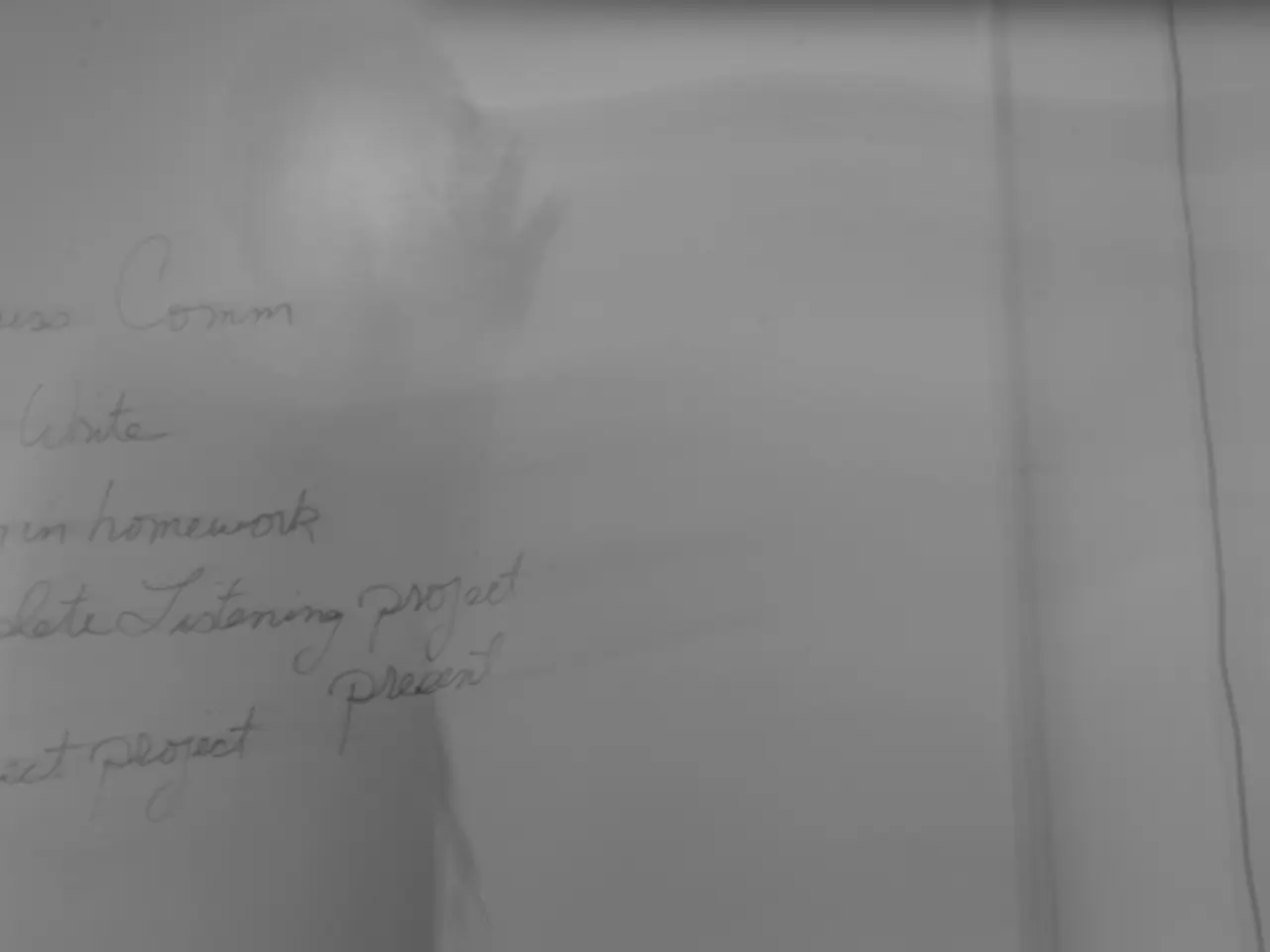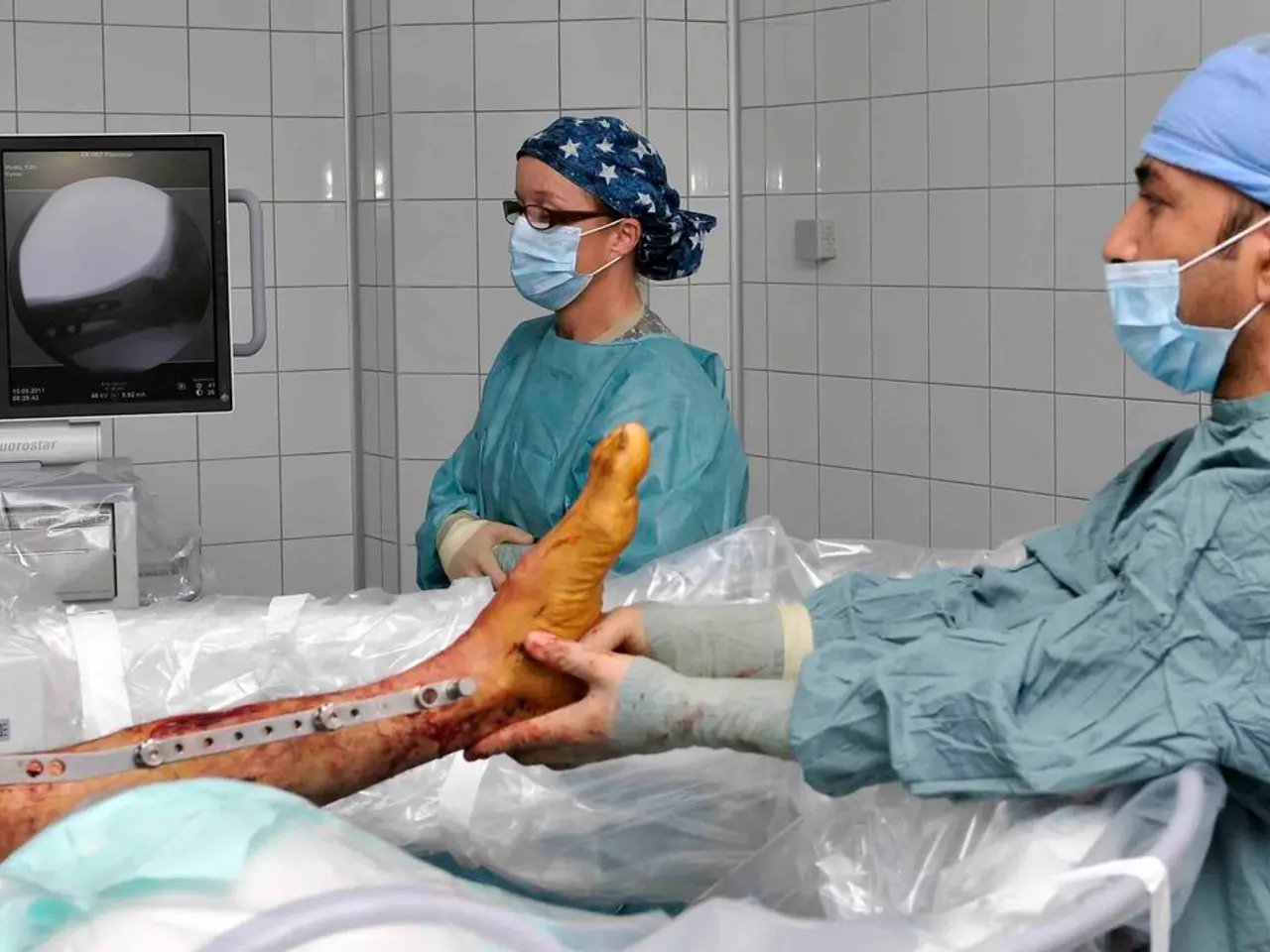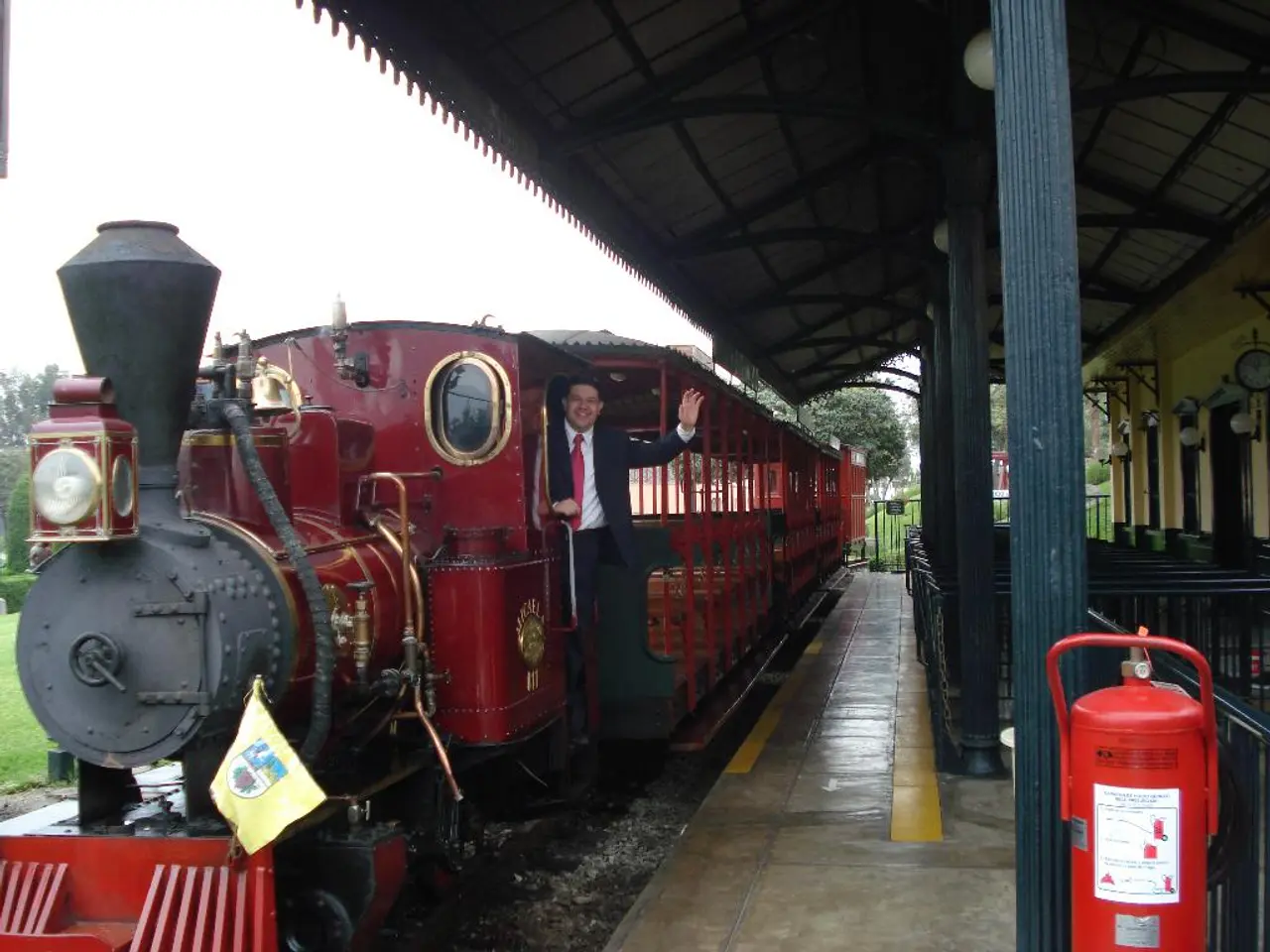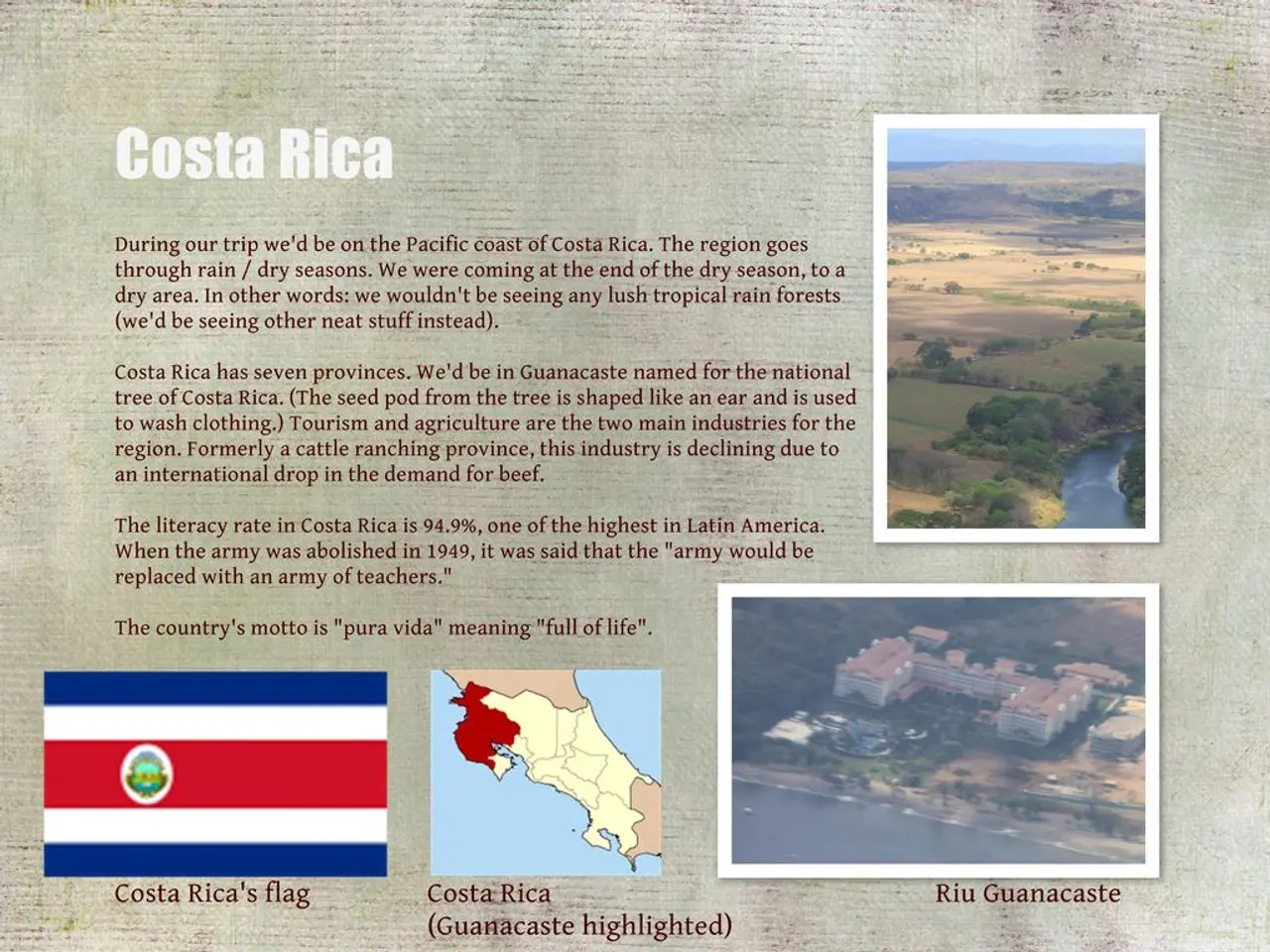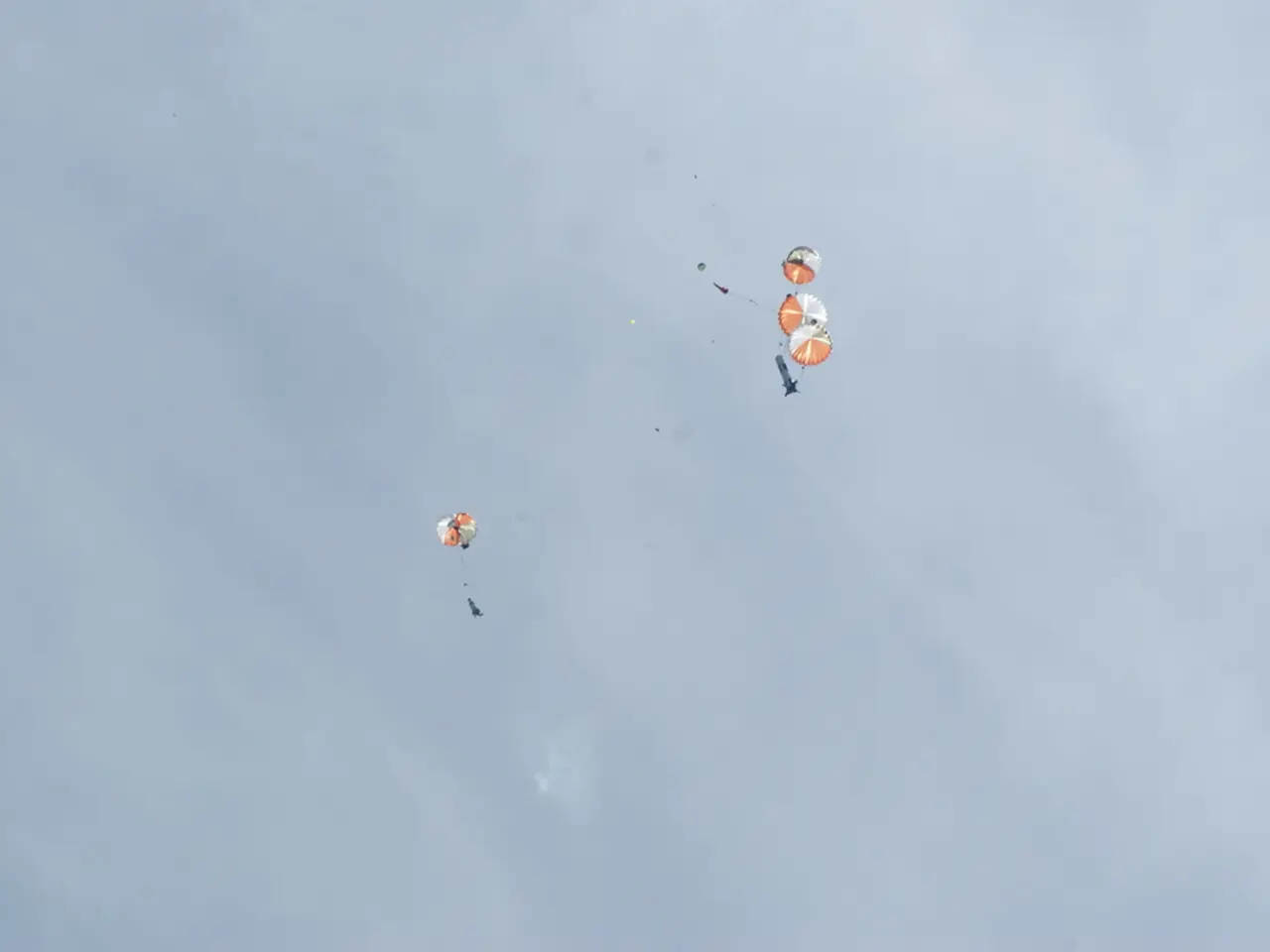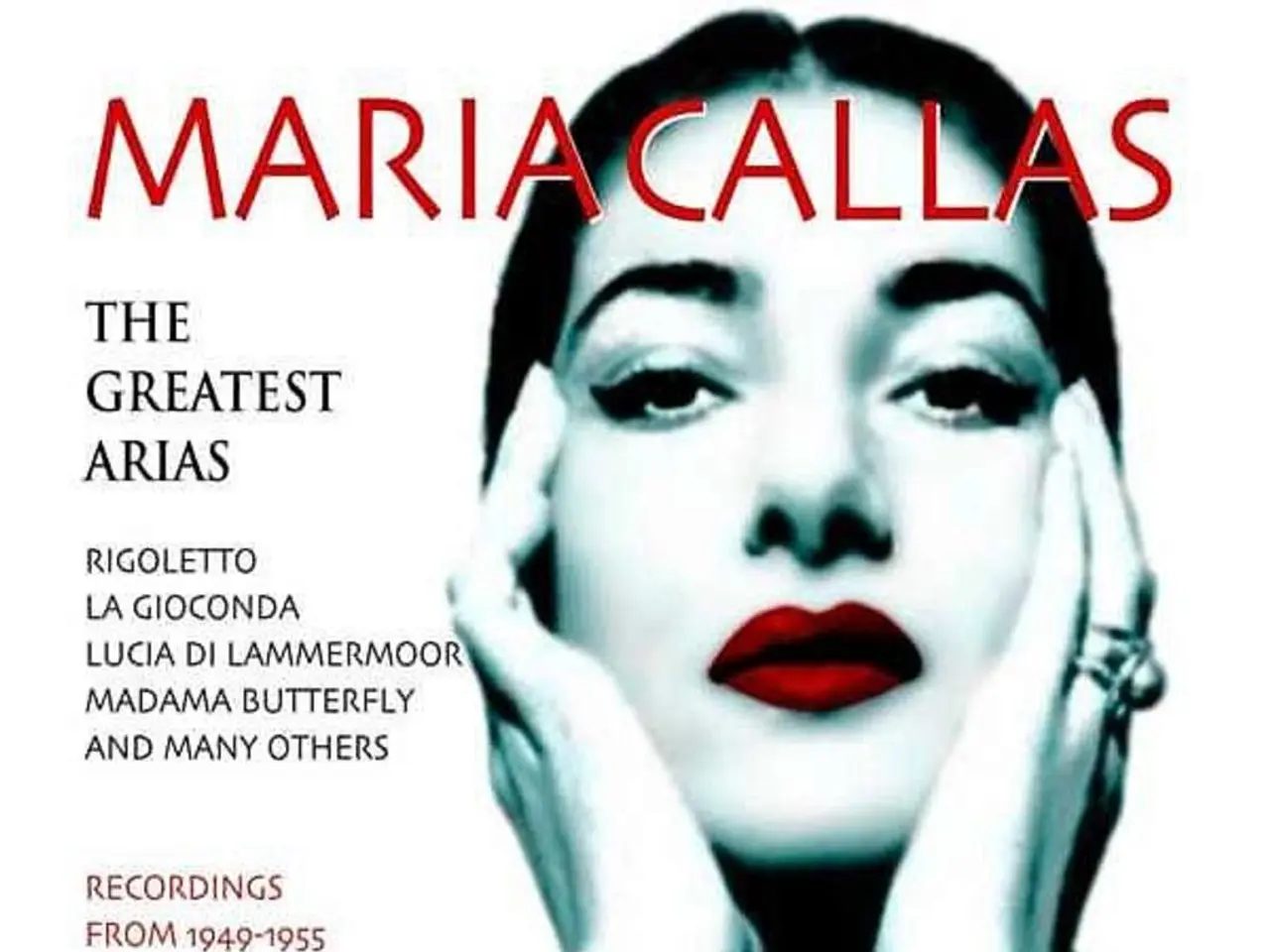Trump Needs to Eliminate Hidden Tariffs from Dodd-Frank, Preventing Essential Minerals from Reaching Congo and Leaving the Country in Poverty
In the heart of Central Africa, the Democratic Republic of Congo (DRC) is rich in natural resources, particularly minerals such as Tantalum, Tin, Gold, and Tungsten. However, the region's wealth has been marred by conflict and poverty, with the Dodd-Frank Act's Section 1502 aiming to bring change.
Signed into law by President Barack Obama in 2010, Section 1502 requires U.S. companies to disclose if their products contain conflict minerals sourced from the DRC and surrounding countries. The goal was to reduce funding for armed groups in the region and mitigate violence.
While the disclosure requirement has increased supply chain transparency, it has also introduced challenges in tracing minerals due to complex smelting processes and pervasive smuggling, particularly involving Rwanda and the DRC. This has led to some companies reducing or avoiding sourcing from the DRC altogether to mitigate compliance risks, which can inadvertently reduce legitimate trade and investment.
The impact on U.S. access to critical minerals is mixed. On one hand, companies must avoid conflict minerals to comply with Section 1502. However, enforcement difficulties and smuggling hinder complete traceability and verification, complicating mineral sourcing from the DRC.
Regarding poverty and violence in the DRC, Section 1502 was designed to reduce funding for armed groups exploiting mineral resources. However, ongoing challenges such as weak enforcement, smuggling, and complex local political and ethnic conflicts limit its effectiveness. Violence and poverty remain significant problems, partly because mineral revenues continue to fuel insecurity despite disclosure rules.
Trade between the U.S. and the DRC has been affected by these dynamics. While transparency requirements promote ethical sourcing, negative economic consequences may arise if companies avoid DRC miners due to compliance burdens. This can reduce legitimate mineral trade and related economic benefits for local communities.
A study in the Journal of Law and Economics in 2016 found that the Dodd-Frank provision increased infant mortality in the affected Congo regions by at least 143 percent. The law imposed a de facto embargo on mineral production that impoverished the region's million or so artisanal miners, as stated by acclaimed journalist David Aronson in testimony to Congress.
Moreover, the GAO report to Congress found "no empirical evidence that the rule has decreased the occurrence or level of violence in the eastern DRC." The provision was sold as a way to protect Congolese residents from warlords who profited from the mining and sale of these minerals, but it has ended up increasing poverty and violence in the DRC.
However, the Trump administration's African diplomatic team has made headway in striking a deal with the DRC government to provide security assistance in return for U.S. access to critical minerals within the country. This new approach could potentially address some of the issues raised by Dodd-Frank's Section 1502, focusing on boosted security and trade rather than aid.
President Trump has the opportunity to use the Dodd-Frank provision's waiver to reduce China's influence and increase U.S. access to the region's minerals. Meanwhile, the DRC is looking for a new deal with the U.S that will focus on boosted security and trade rather than aid.
In conclusion, while Dodd-Frank's Section 1502 aimed to bring transparency and reduce conflict funding in the DRC, persistent enforcement challenges, smuggling, and deep-rooted regional instability limit its effectiveness in improving poverty and violence or enhancing sustainable trade. President Trump should consider calling on Congress to end this trade barrier by repealing Dodd-Frank's Section 1502, paving the way for a more effective and sustainable approach to addressing the complex issues in the DRC.
References:
- Dodd-Frank Act
- Section 1502 of the Dodd-Frank Act
- GAO Report to Congress: Conflict Minerals
- Journal of Law and Economics Study on Dodd-Frank's Impact
- David Aronson's Testimony to Congress
- John Berlau, in the realm of policy-and-legislation and general-news, emphasized that the Dodd-Frank Act's Section 1502, despite aiming to reduce violence and poverty in the Democratic Republic of Congo (DRC) by regulating trade in conflict minerals, has led to unintended consequences.
- In the politics and general-news sector, the Trump administration's African diplomatic team is seeking to negotiate a deal with the DRC government, focusing on boosted security and trade rather than aid, which could potentially address some of the issues raised by Dodd-Frank's Section 1502 and reduce China's influence in the region, as stated by Berlau.
